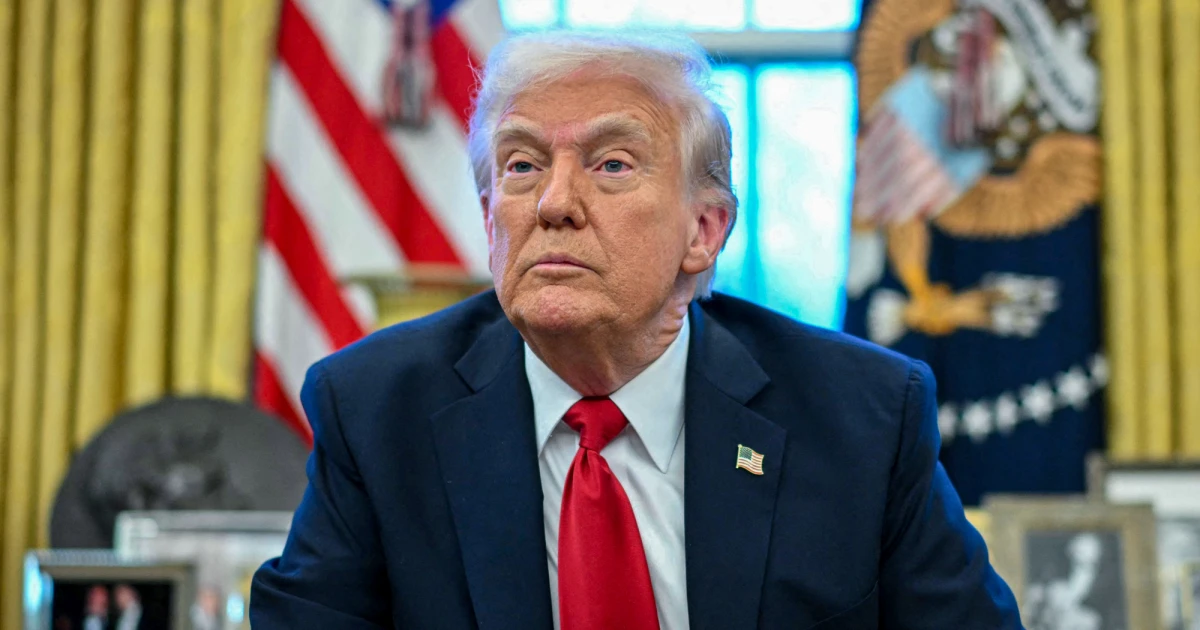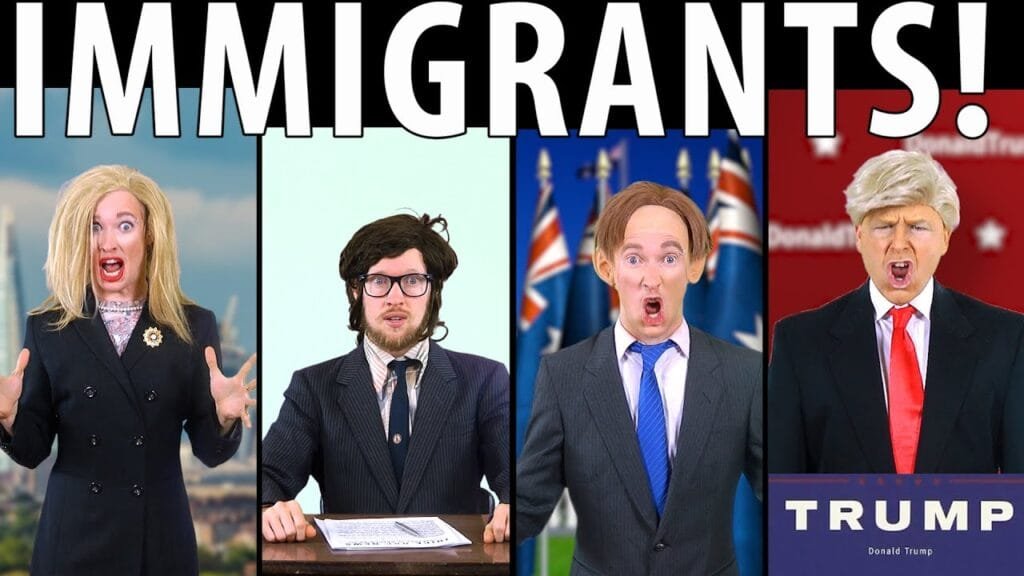Trump Seeks Supreme Court Approval for Deportations Under Alien Enemies Act

Donald Trump is once again making headlines with his latest legal move, seeking approval from the Supreme Court to deport individuals under the Alien Enemies Act.
This controversial move has sparked intense debate, with critics and supporters voicing strong opinions. As Trump Seeks Supreme Court approval, his legal strategies regarding immigration continue to be a defining aspect of his political stance.
Table of Contents
What is the Alien Enemies Act?
The Alien Enemies Act, originally enacted in 1798 is part of the Alien and Sedition Acts. It grants the president the authority to detain, restrict, or deport non-citizens from countries considered hostile during times of war.
Historically, this law has been used selectively, most notably during World War II, when the U.S. government detained and deported individuals of Japanese, German and Italian descent.
However, it has rarely been invoked in modern times, raising concerns about its potential application in today’s political landscape.
Trump Administration’s Request

Trump Seeks Supreme Court approval to affirm the president’s authority under the Alien Enemies Act to deport individuals deemed as security threats. The request comes amid rising concerns over border security, illegal immigration, and national safety.
Trump has argued that the law provides a legal basis to remove certain individuals without needing approval from Congress or lower courts. His legal team contends that invoking this act would allow for swift and decisive action to handle what he describes as an unprecedented immigration crisis.
Legal Implications of Deportations Under the Act
If the Supreme Court approves Trump’s request, it could set a significant legal precedent. Some key legal questions include:
- Constitutionality: Critics argue that deportations under this act could violate due process rights, as individuals may not receive a fair trial before removal.
- Presidential Powers: The case could expand or limit executive power, shaping future policies on immigration enforcement.
- International Relations: If deportations are executed under this act, it could strain diplomatic ties with affected countries and lead to retaliatory actions.
Legal scholars are divided on whether the Supreme Court will uphold Trump’s request, as the interpretation of the Alien Enemies Act in a modern context remains a legal gray area.
Potential Impact on Immigrants

If enforced, the act could affect thousands of immigrants, particularly those from nations deemed adversarial to the U.S. Some possible consequences include:
- Mass deportations leading to family separations.
- Economic disruptions, especially in industries heavily reliant on immigrant labor.
- Fear and uncertainty among immigrant communities, regardless of legal status.
- Increased legal battles as affected individuals challenge their deportation orders in court.
Advocacy groups warn that invoking the act could create a climate of fear and lead to racial or ethnic profiling, impacting communities beyond those targeted.
Reactions and Opinions on the Case
Reactions to Trump Seeks Supreme Court approval have been polarizing:
Supporters argue that this move is necessary to strengthen national security and control illegal immigration.
Many conservative figures and border security advocates view it as a proactive measure to protect American interests.
Opponents claim that it is an overreach of executive power, potentially violating civil rights and international human rights laws.
Civil liberties organizations, immigration activists, and many legal experts warn that it could set a dangerous precedent for future administrations.
Politicians on both sides are closely monitoring the case, as the ruling could significantly impact immigration policies in the next election cycle.
What Happens Next?
The Supreme Court’s decision will be crucial in determining the future of the Alien Enemies Act and its application in modern America. Possible outcomes include:
- Full Approval: Trump Seeks Supreme Court approval and is granted authority to deport individuals under the act.
- Partial Approval: The court allows selective deportations under specific circumstances.
- Rejection: The court rules that the act cannot be applied in today’s context.
If approved, the ruling could reshape immigration enforcement, potentially prompting new legislative actions by Congress to address immigration policies more comprehensively.
Conclusion
Trump Seeks Supreme Court approval for the Alien Enemies Act deportations, igniting a major legal and political debate. While his supporters see it as a bold move to protect national security, critics warn of its potential dangers to civil liberties.
As the Supreme Court deliberates, the decision will have far-reaching implications on immigration policy, executive power and the broader legal landscape. The outcome could significantly influence the 2024 election, making this one of the most high-stakes legal battles of the year.






